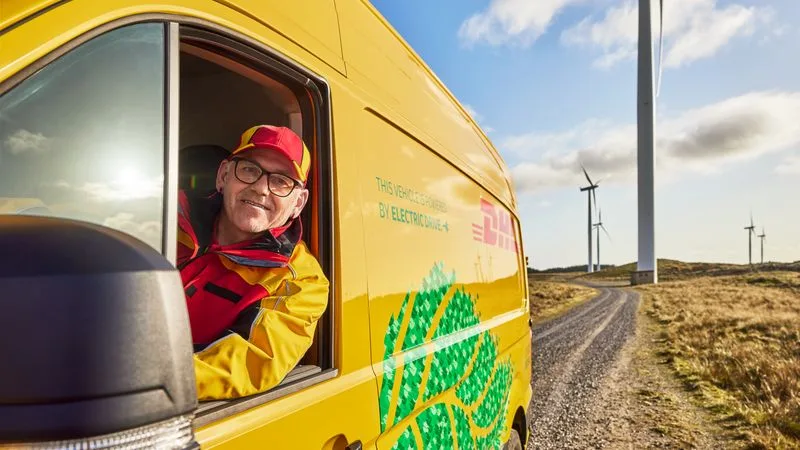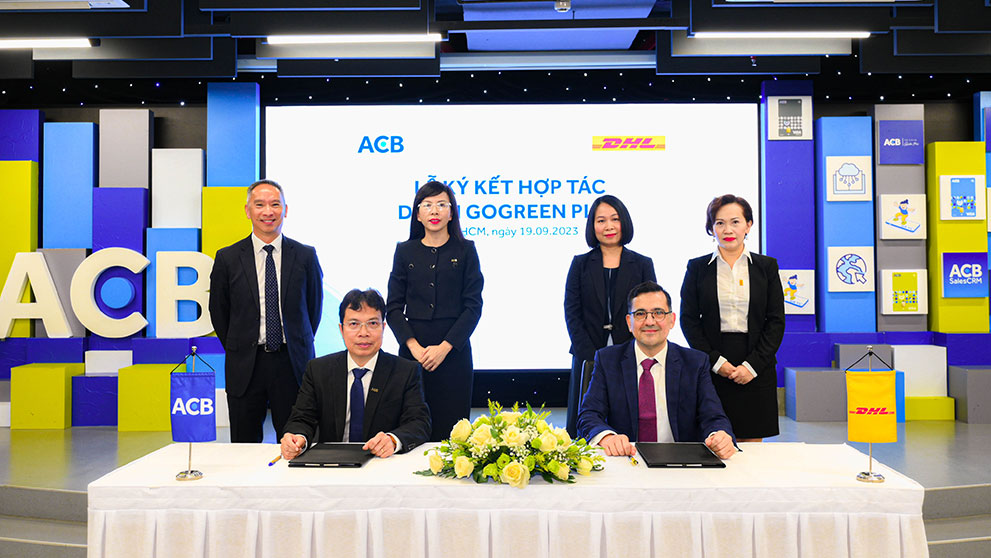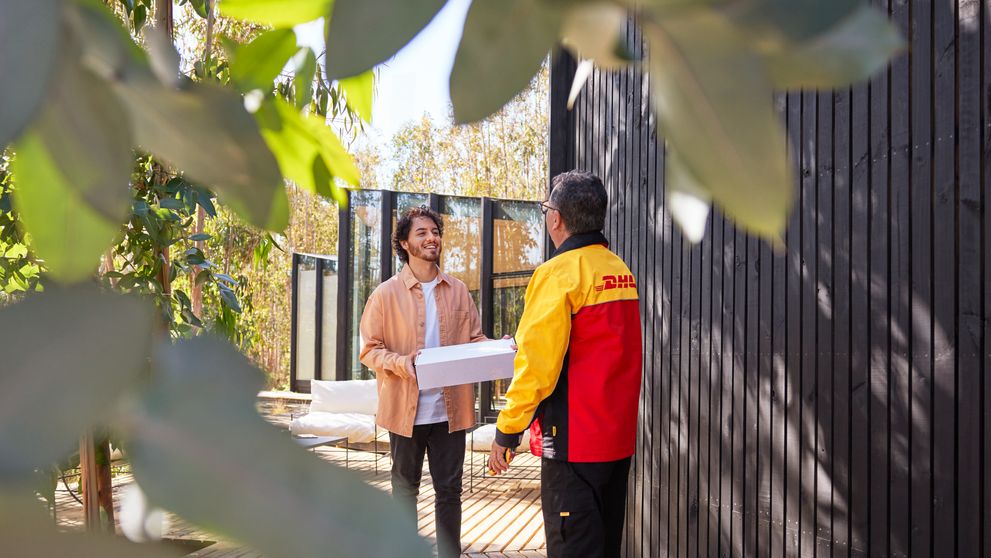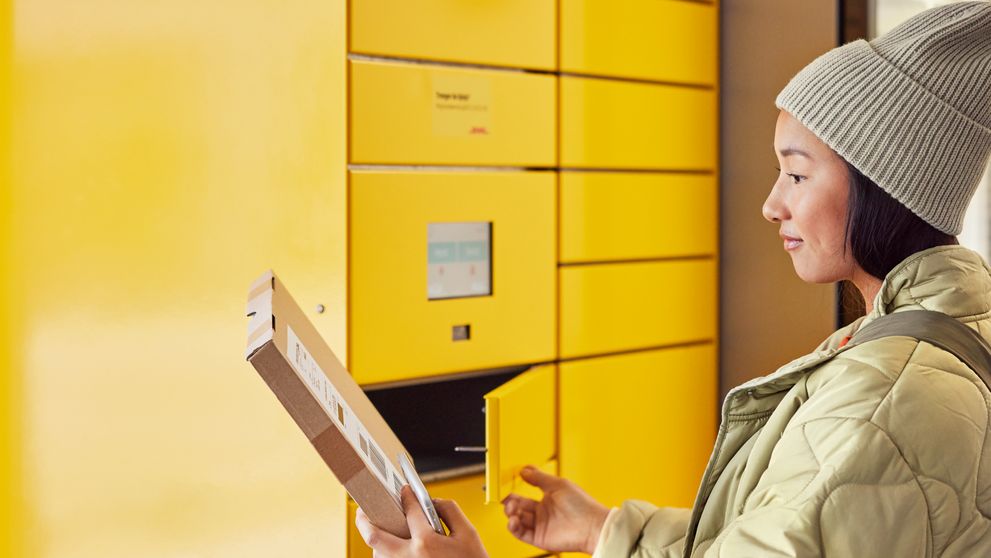Scope 3 emissions encompass all indirect upstream and downstream emissions across an organization's value chain.
According to the Greenhouse Gas Protocol, which provides standards and guidance for greenhouse gas (GHG) accounting, Scope 3 emissions are often the most significant contributor to a company’s overall emissions profile1. Depending on the source, Scope 3 emissions are estimated to make up between 75%2 to over 90%3 of an organization’s total carbon footprint.
For businesses aiming to build a truly sustainable supply chain, it’s crucial to understand what Scope 3 emissions are. However, these emissions are particularly complex in the logistics industry due to the involvement of diverse activities, from supplier operations to customer deliveries. This also makes the challenges of addressing them multifaceted, especially within intricate supply chains that span multiple stakeholders and geographies.
In the Asia-Pacific (APAC) region, the focus on Scope 3 emissions has intensified due to rapid economic growth and increasing environmental awareness.
As businesses in Vietnam and across APAC expand their operations, understanding and mitigating their Scope 3 emissions within Vietnam and across the broader region becomes paramount in keeping up with consumer expectations and national decarbonization standards. For instance, Vietnam has committed to achieving net-zero emissions by 2050 as outlined in its National Strategy for Climate Change4.
The Scope 3 challenge in APAC logistics
The APAC logistics sector faces unique challenges in tackling Scope 3 emissions. These challenges include:
- Long and complex supply chains: The involvement of numerous suppliers, manufacturers, and distributors makes it difficult to accurately track and manage emissions across the entire chain. In Vietnam, for example, the textile and garment industry is a major export sector, and involves complex supply chains that source materials from various countries.
- Diverse transportation modes: Common logistics transport modes in the region range from road and rail to sea and air, each with varying levels of emissions intensity and reporting standards. A study by the International Energy Agency (IEA) highlights the significant contribution of transportation to global CO2 emissions, with road freight and aviation being major contributors5.
- Rapid growth of e-commerce: The gross merchandise value of Southeast Asia’s digital economy was estimated at US$263 billion in 2024, a 15% YoY increase from 2023, and this notable growth is projected to continue. Yet, the popularity of e-commerce platforms in the region leads to increased delivery volumes and complex last-mile logistics, contributing significantly to Scope 3 emissions.
- Varying levels of environmental regulations and awareness: There is inconsistency across APAC countries about the recognition of Scope 3 emissions as well as the incentives (or lack thereof) to reduce them. This creates inconsistencies in emissions reporting and reduction efforts.
All of these factors contribute to the complexity of reducing Scope 3 carbon emissions and necessitate a comprehensive and collaborative approach to sustainable decarbonization practices.
DHL's multi-pronged approach to reducing Scope 3 emissions
DHL Express is committed to leading the way in sustainable logistics by implementing a multi-pronged approach to Scope 3 emission reduction in APAC. This approach encompasses:
- Use of Sustainable Aviation Fuel (SAF): DHL Express actively promotes the use of SAF to reduce emissions from air freight. SAF, produced from sustainable feedstocks, can reduce GHG emissions by up to 80%6 compared to conventional jet fuel. This offers a significant reduction in lifecycle CO2 emissions, both in Vietnam and globally.
- Fleet electrification: DHL Express is investing in electric vehicles (EVs) and charging infrastructure across APAC to electrify its delivery fleet. This transition contributes to lowering ground transportation emissions and complements national initiatives like pilot carbon credit projects for electric motorbikes7.
- Collaboration and partnerships: DHL Express collaborates with suppliers, customers, and industry partners to drive sustainability initiatives across the supply chain. This includes engaging with suppliers to improve their environmental performance and working with customers to optimize their logistics operations.
- Technology and innovation: DHL Express leverages data analytics, route optimization tools, and other innovative technologies to improve logistics efficiency and reduce emissions. This includes optimizing delivery routes and consolidating shipments to minimize fuel consumption.
How DHL GoGreen Plus empowers customers to reduce their Scope 3 footprint
The DHL GoGreen Plus program is a key solution for helping customers reduce their Scope 3 carbon emissions. It's designed to provide a tangible and verifiable method for customers to mitigate the environmental impact of their shipments.

At its core, DHL GoGreen Plus facilitates the reduction of a shipment’s carbon footprint through two primary mechanisms: the utilization of SAF and investments in certified carbon reduction projects. By opting for GoGreen Plus, customers directly support the transition to SAF and cleaner aviation fuels, addressing a significant portion of their Scope 3 emissions in logistics related to air freight.
Furthermore, the program invests in high-quality carbon reduction projects which have been meticulously verified by independent organizations. These projects often focus on renewable energy development, forest conservation, or community-based initiatives that sequester or avoid carbon emissions.
By choosing GoGreen Plus, businesses unlock a range of strategic advantages:
- Significant reduction of Scope 3 emissions: Contributing to a business’ overall sustainability goals and lowering their environmental impact by directly addressing a key source of their indirect emissions.
- Improve their brand image: In today's market, consumers are increasingly discerning, favoring brands that demonstrate a genuine commitment to environmental responsibility. By showcasing their participation in GoGreen Plus, businesses demonstrate a commitment to sustainable logistics and attracting environmentally conscious customers.
- Contribute to a more sustainable future: Beyond immediate emission reductions, DHL GoGreen Plus supports the broader development and adoption of clean technologies and practices. By investing in SAF and carbon reduction projects, businesses contribute to the long-term transition to a low-carbon economy. This aligns with global efforts to combat climate change and supports Vietnam's national decarbonization goals.
The success of DHL GoGreen Plus is evidenced by the growing number of businesses embracing the program. Asia Commercial Joint Stock Bank (ACB) became the first bank in Vietnam to sign up for DHL GoGreen Plus, and they managed to reduce 14 tons of CO2 emissions within a 12-month period. Additionally, over 40,000 companies in APAC, including in Vietnam, have adopted DHL GoGreen Plus. This demonstrates the growing demand for sustainable logistics solutions in the region.
Collaborating towards a greener future: DHL's vision for sustainable logistics in Vietnam and APAC
DHL Express is committed to driving the transition to sustainable logistics in Vietnam and across APAC. This commitment is reflected in ongoing investments in new technologies, partnerships, and continuous improvement initiatives.
By prioritizing sustainable supply chain practices and offering innovative solutions like GoGreen Plus, DHL Express aims to help businesses reduce their Scope 3 emissions, lessen their environmental impact, and contribute to a greener future.
Sign up for a DHL Express business account now and start using GoGreen Plus to take immediate action on your Scope 3 emissions and prioritize sustainability in your international shipping practices.
1 Greenhouse Gas Protocol (2022)
2 World Resources Institute (2022)
4 United States Department of Agriculture Foreign Agricultural Service (2022)
5 International Energy Agency (2023)
6 International Air Transport Association (2024)
7 Ministry of Natural Resources and Environment of the Socialist Republic of Vietnam (2024)







